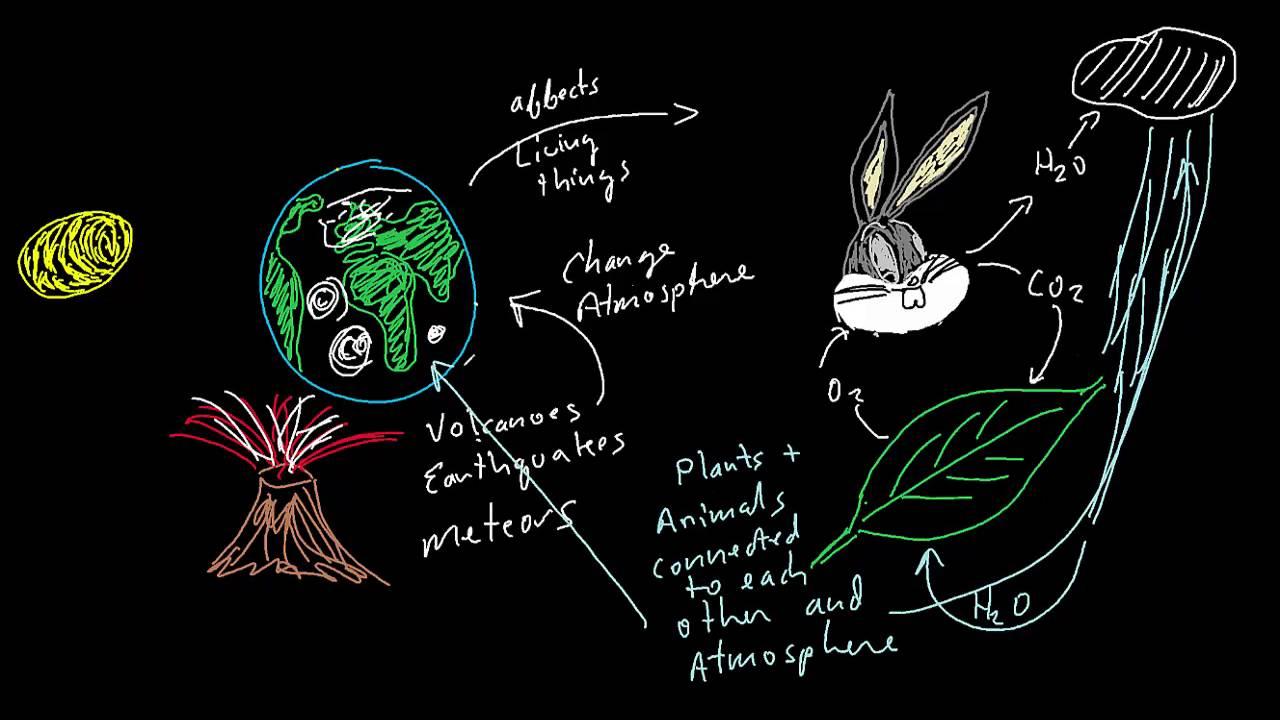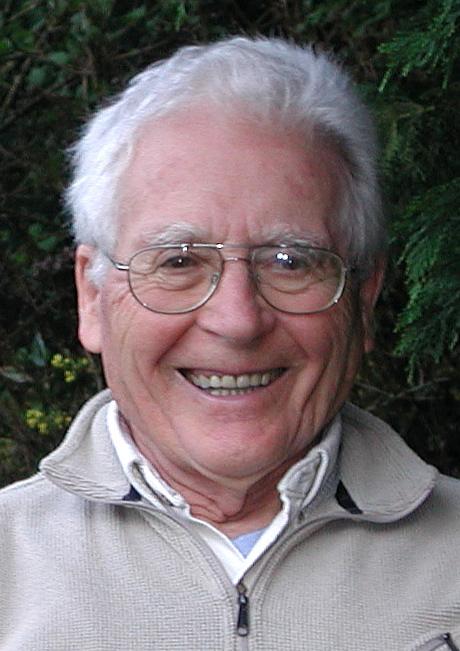In the realm of scientific pioneers, few names shine as brightly as James Lovelock. His groundbreaking work has not only redefined our understanding of the Earth but has also revolutionized the way we perceive our planet. Join us on a journey through the remarkable accomplishments of this visionary thinker, whose contributions have left an indelible mark on the fields of ecology and environmental science.
Table of Contents
- Unveiling the Extraordinary Scientific Contributions of James Lovelock
- Revolutionizing Environmental Science with the Gaia Hypothesis
- Exploring Lovelock’s Innovations in Climate Change Research
- Impacting Future Sustainability Initiatives: Leveraging Lovelock’s Legacy
- Q&A
- The Way Forward
Unveiling the Extraordinary Scientific Contributions of James Lovelock
James Lovelock, a pioneer in the field of environmental science, has left an indelible mark on our understanding of the Earth’s intricate systems. His groundbreaking work on the Gaia hypothesis revolutionized the way we perceive our planet, viewing it as a self-regulating entity capable of sustaining life through complex feedback mechanisms.
<p>Through his innovative inventions, such as the electron capture detector, Lovelock has significantly contributed to environmental monitoring and the detection of pollutants. His foresight and keen observations have propelled advancements in climate science, shaping policies aimed at preserving our planet for future generations.</p>
Revolutionizing Environmental Science with the Gaia Hypothesis
James Lovelock, a pioneering scientist known for his groundbreaking work in environmental science, has left an indelible mark on the scientific community. His development of the Gaia Hypothesis, a radical theory that suggests Earth functions as a self-regulating organism, has revolutionized the way we perceive our planet and its interconnected systems.
<p>Through his research and writings, Lovelock has sparked vital discussions about the delicate balance between living organisms and the Earth's environment. His contributions have inspired a new wave of environmental awareness and prompted profound reflections on our role in sustaining the health of our planet. Lovelock's work serves as a testament to the importance of viewing Earth not just as a collection of disparate elements, but as a cohesive and dynamic entity deserving of our utmost care and respect.</p>
Exploring Lovelock’s Innovations in Climate Change Research
James Lovelock, a pioneering figure in environmental science, has left an indelible mark on the field of climate change research. His groundbreaking innovations continue to shape how we understand and address the complexities of our changing planet. Lovelock’s forward-thinking approach and insightful contributions have undeniably influenced the course of climate science.
Through his work, Lovelock has introduced novel concepts and tools that have revolutionized the way we study climate change. His unique perspective and dedication to advancing the field have paved the way for new discoveries and critical insights. From the Gaia hypothesis to innovative environmental monitoring devices, Lovelock’s impact on climate research is profound and enduring.

Impacting Future Sustainability Initiatives: Leveraging Lovelock’s Legacy
Lovelock’s groundbreaking Gaia hypothesis revolutionized the way we perceive Earth as a self-regulating system, highlighting the interconnectedness of all living organisms with their environment. This concept sparked a new wave of ecological thinking, emphasizing the importance of taking a holistic approach to sustainability initiatives. By acknowledging the intricate web of relationships between the atmosphere, oceans, and land, Lovelock’s work continues to inspire innovative solutions for a more harmonious coexistence between humans and nature.
Furthermore, Lovelock’s invention of the electron capture detector revolutionized environmental monitoring, enabling scientists to detect trace amounts of pollutants with unprecedented sensitivity. This technological advancement played a pivotal role in raising awareness about the detrimental impact of human activities on the planet’s ecosystems. Leveraging Lovelock’s legacy, we can harness technology to drive sustainability efforts forward, encouraging the development of cleaner energy sources, more efficient waste management systems, and proactive conservation measures. Embracing his vision, we can pave the way for a more sustainable future for generations to come.
Q&A
Q: Who is James Lovelock and why is he significant?
A: James Lovelock is a renowned scientist, environmentalist, and futurist best known for proposing the Gaia hypothesis, suggesting that the Earth functions as a self-regulating system. His work has significantly influenced the fields of ecology, environmental science, and climate change research.
Q: What are some key accomplishments of James Lovelock?
A: James Lovelock’s accomplishments are vast and varied. He developed the electron capture detector, a groundbreaking device used to detect trace amounts of pollutants in the environment. His Gaia hypothesis has reshaped our understanding of the Earth as a complex, interconnected system. Lovelock’s work continues to inspire innovative solutions to environmental challenges worldwide.
Q: How has James Lovelock’s work impacted the field of environmental science?
A: James Lovelock’s work has had a profound impact on the field of environmental science by emphasizing the interconnectedness of all living organisms with their environment. His Gaia hypothesis has spurred new research avenues, leading to a deeper understanding of complex ecological systems and the urgency of addressing environmental issues such as climate change and biodiversity loss.
The Way Forward
As we wrap up this exploration of James Lovelock’s remarkable achievements, it becomes evident that his contributions have left an indelible mark on the fields of Earth science, environmentalism, and beyond. Lovelock’s pioneering work in developing the Gaia hypothesis has reshaped our understanding of the interconnectedness of life on our planet. From his groundbreaking research to his innovative inventions, his legacy serves as a beacon of inspiration for future generations of scientists and thinkers. As we reflect on Lovelock’s lifetime of dedication to the study of Earth systems, we are reminded of the profound impact that one individual can have on shaping our collective knowledge and perception of the world around us.



0 Comments